Traditional Vs. Modern Rules: Who Pays for the Bridal Shower
The bridal shower is a beloved tradition where close friends and family celebrate the bride-to-be by showering her with gifts, love, and well wishes. However, the planning involves several decisions, including the often confusing and uncomfortable question of who should pay for the event. Traditionally, the bridal shower expenses were covered by the matron of honor or the bridesmaids, but modern norms have blurred these lines. This article aims to clarify the tradition and modern norms surrounding the financial aspects of planning a bridal shower, from the history of bridal shower expenses, to the different approaches by various cultures, the role of the bride, the responsibilities of the maid of honor and bridesmaids, and tips on having a conversation about costs.
Understanding the Tradition: The History Behind Bridal Shower Expenses
Historically, the bridal shower originated from dowry practices, where the bride’s family would provide goods or money to the groom’s family as a condition of the marriage. As dowries became less common, friends and relatives began to ‘shower’ the bride with gifts to help set up her new home. Traditionally, the maid of honor, with help from the bridesmaids, would plan and pay for the bridal shower. This tradition, with the bridesmaids splitting the cost amongst themselves and often excluding the bride from contributing financially, has remained relatively constant for many years.

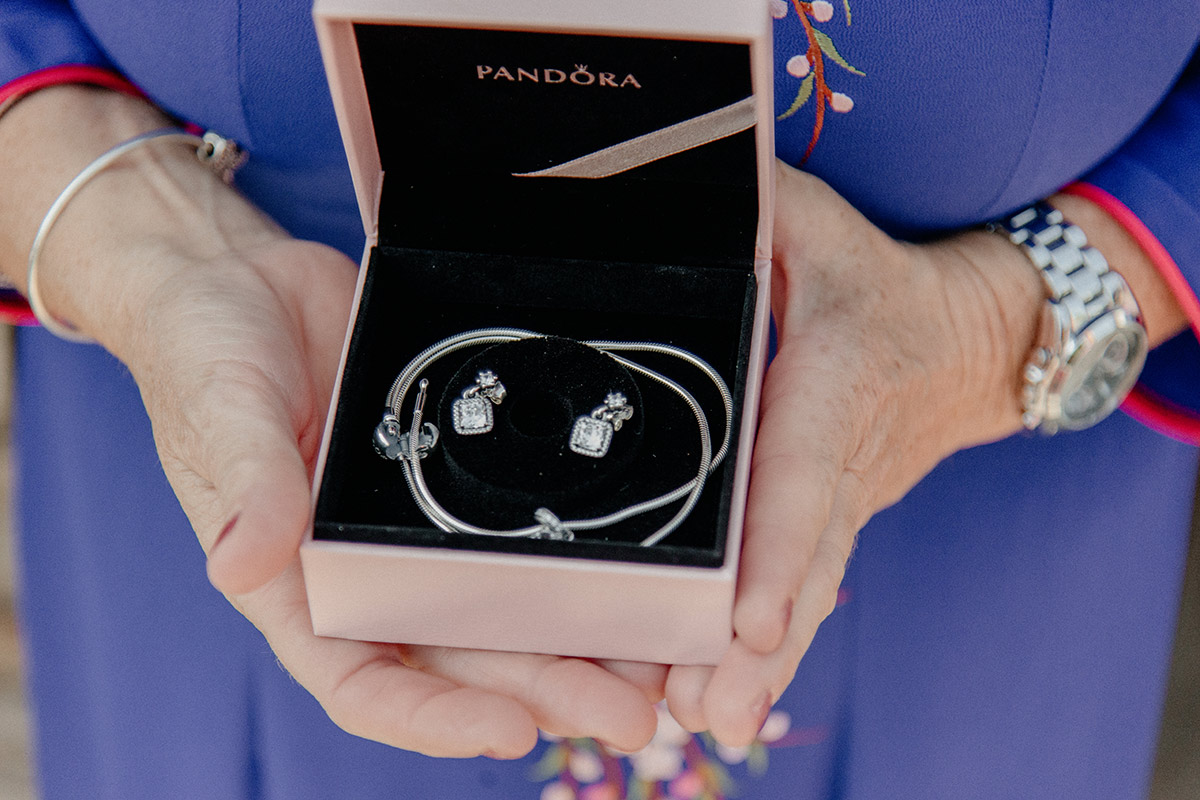
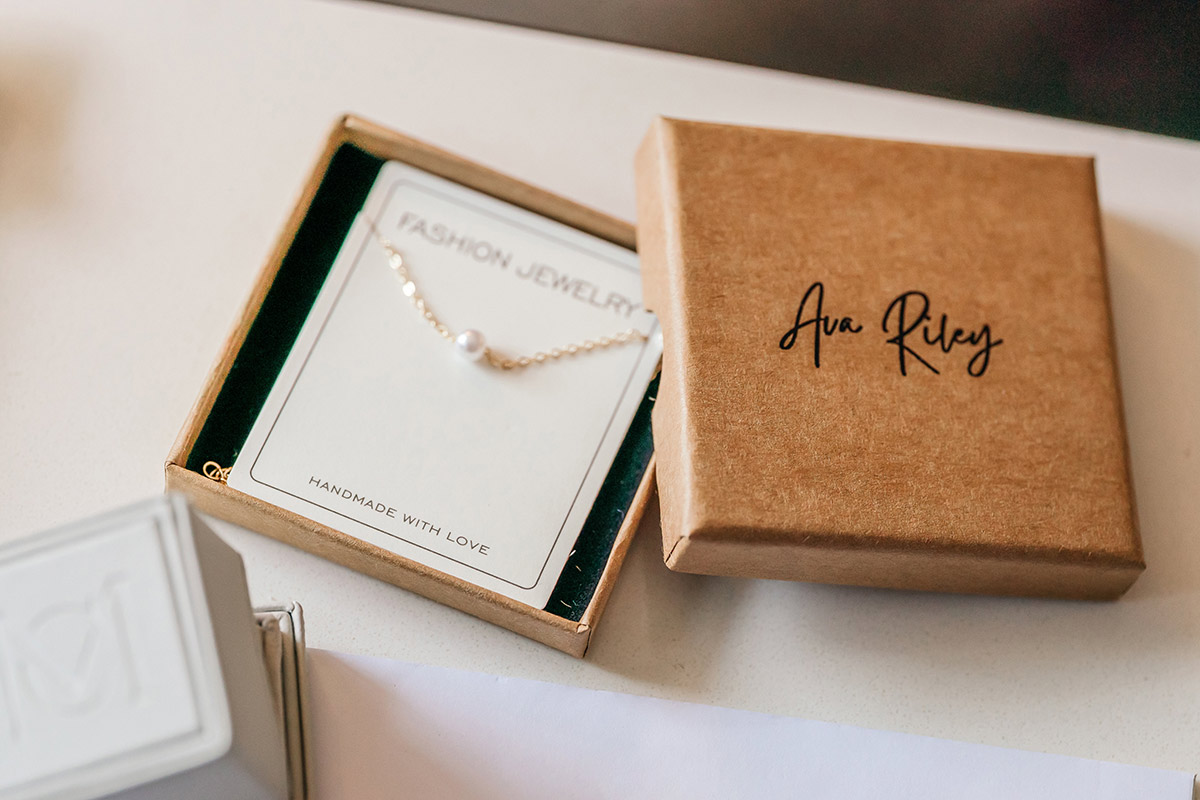
However, traditions evolve, and there are no strict rules. In some circles, it is considered acceptable for the bride’s family to contribute, or even for the costs to be shared among all the shower’s attendees. It is always important to consider the financial situations of those involved and to plan an event that is comfortable for everyone.
The Modern Evolution: Changes in Bridal Shower Payment Norms
In recent years, there has been a noticeable shift in the norms surrounding the payment for bridal showers. The rise of destination bridal showers and more extravagant celebrations have significantly increased the cost of hosting a bridal shower. Consequently, it is not uncommon for the mother of the bride, close relatives, or even the bride herself to contribute financially to the event. Additionally, some bridal parties choose to share the cost with all the guests by having a potluck-style event or requesting a small contribution from each attendee. This modern approach offers more flexibility and takes into account the varying financial situations of those involved.
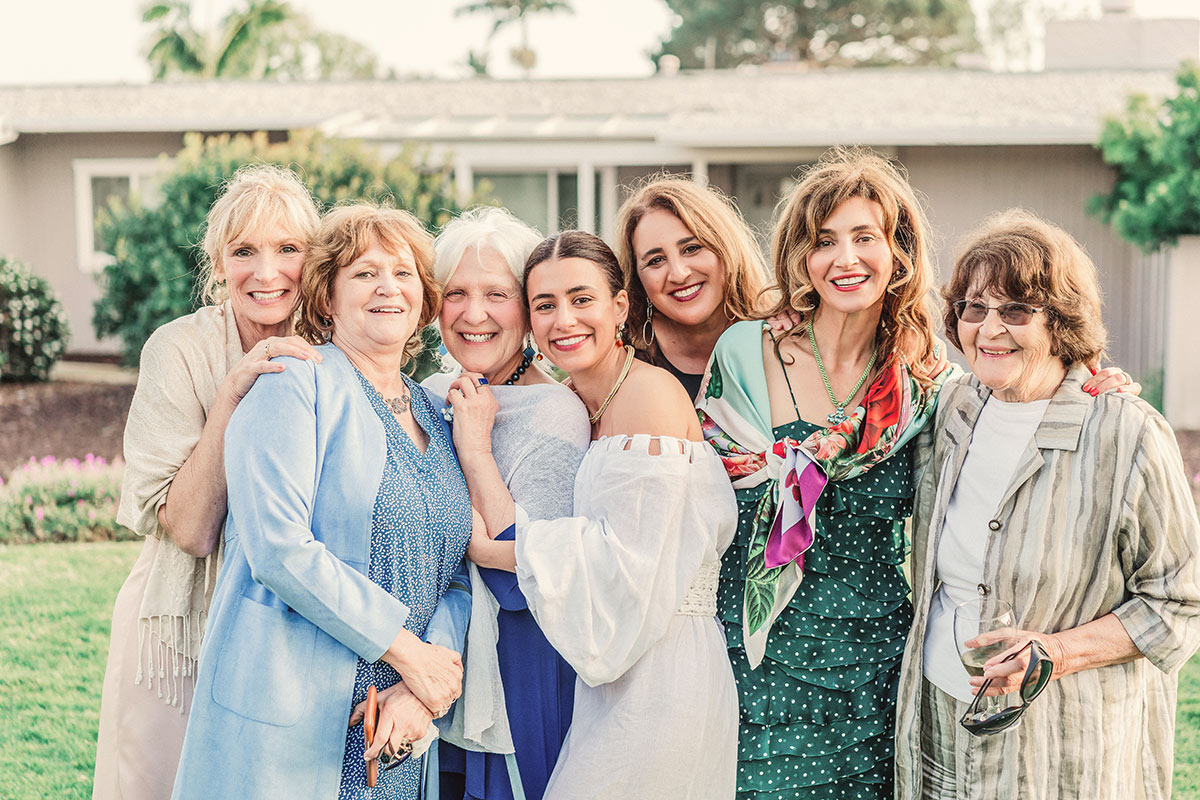

Moreover, the digital era has also influenced modern payment norms. Online fundraising and crowdfunding platforms have made it easier for bridal parties to share the expenses without the awkwardness of directly asking for contributions. For example, platforms like Honeyfund allow guests to contribute to specific aspects of the bridal shower or even the honeymoon. While this approach might not be suitable for everyone, it is another example of how modern norms are evolving to accommodate different preferences and financial situations.
Despite the changes in payment norms, it is crucial to maintain clear communication and set expectations from the outset to avoid any misunderstandings or hard feelings. Regardless of the approach chosen, it is important to have a conversation about expectations, set a budget that everyone is comfortable with, and be considerate of the financial situations of all those involved. Ultimately, the goal is to plan a memorable event that celebrates the bride-to-be without causing financial strain on anyone.
Cultural Influences: How Different Cultures Approach Bridal Shower Costs
Different cultures have their own unique traditions and expectations regarding who pays for the bridal shower. In some cultures, it is customary for the bride’s family to cover all the expenses. In others, the cost is shared among the bridal party or even the entire guest list.
For example, in Italian culture, it is common for the mother of the bride to take on a significant role in planning and paying for the bridal shower. In contrast, in American culture, it is more common for the bridal party to share the expenses. In Indian culture, the concept of a bridal shower is relatively new and influenced by Western traditions. As a result, there are no strict rules about who pays for the event, and it often varies from one family to another. It could be the bride’s family, the bridesmaids, or a combination of both.
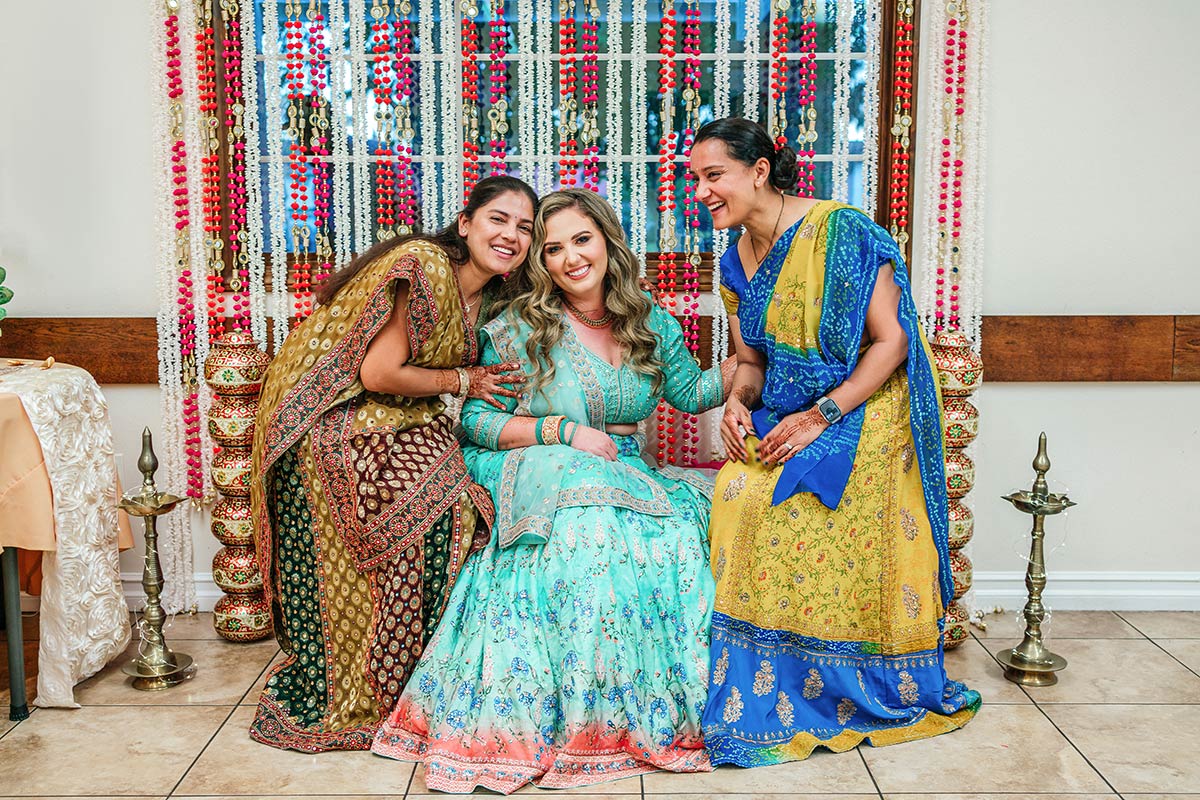
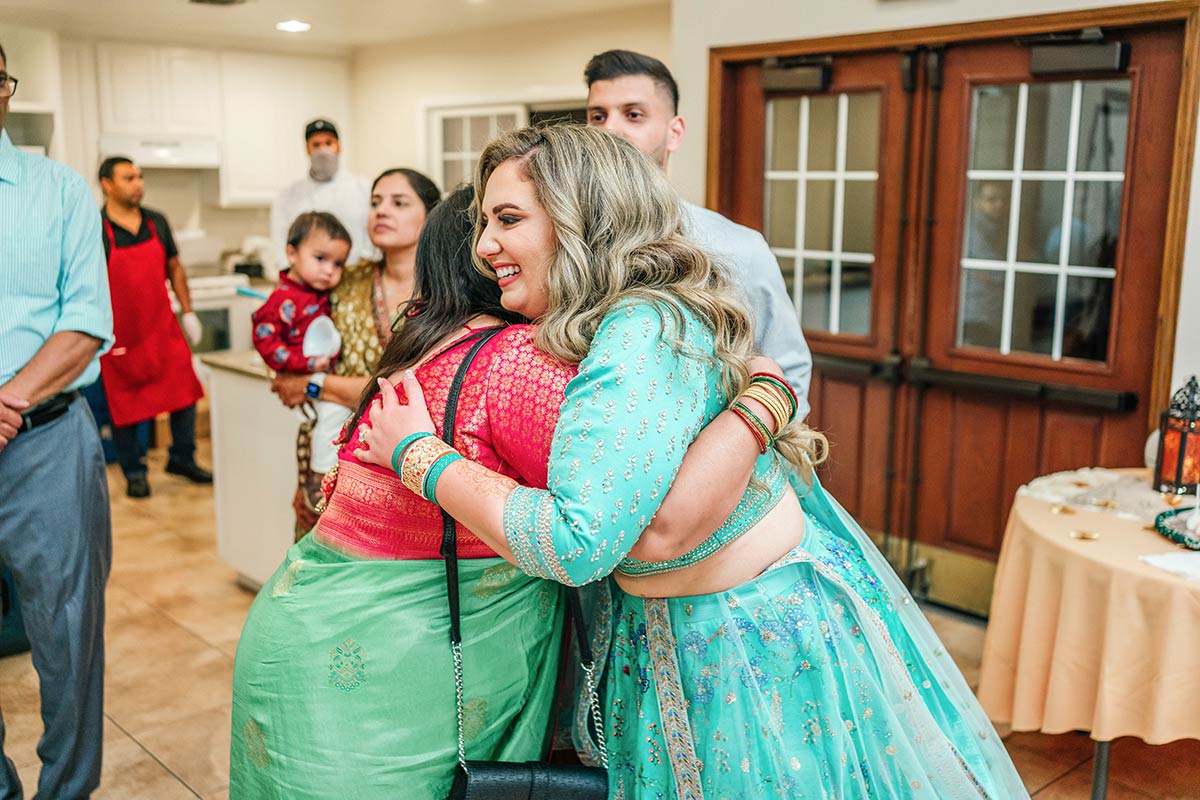
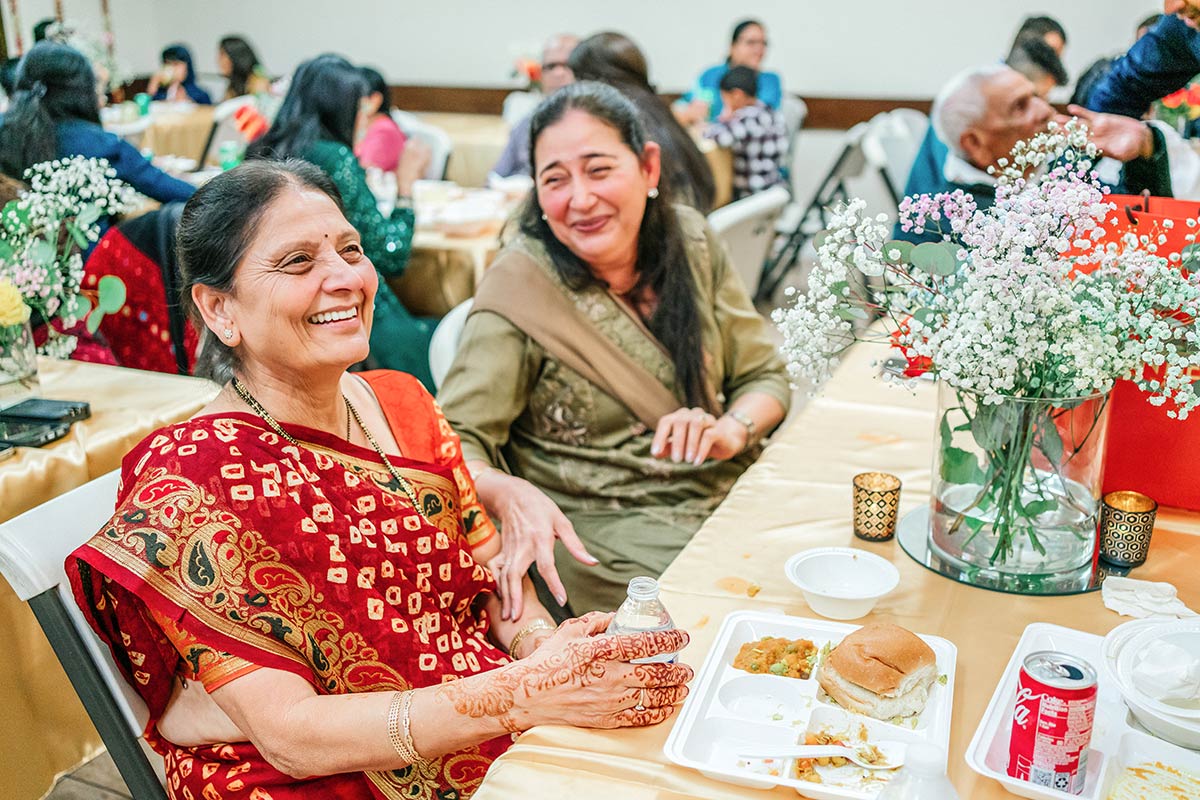
Understanding these cultural differences is essential for planning a bridal shower that is respectful and comfortable for everyone involved. It is always recommended to have a conversation about expectations and financial responsibilities early in the planning process.
The Role of the Bride: Expectations and Realities
Traditionally, the bride is not expected to contribute financially to her own bridal shower. The event is usually planned and paid for by the maid of honor and the bridesmaids as a gift to the bride. However, in today’s world, it is not uncommon for the bride to contribute, especially if she has a specific vision for the event or wants to have a more extravagant celebration. While it is perfectly acceptable for the bride to contribute financially, it is essential to have a conversation about expectations and set a budget that everyone is comfortable with. This is particularly important considering the bride is already incurring significant expenses for the wedding itself, so it is essential to be considerate of her financial situation.
In some cases, the bride may prefer to take a more hands-on approach in planning and funding her bridal shower, particularly if she has specific ideas or themes in mind. However, it is crucial that the bride communicates her desires clearly with the bridal party to avoid any misunderstandings. It is also important to note that while it is acceptable for the bride to contribute financially to her bridal shower, it is by no means a requirement, and the expectation should still primarily lie with the bridal party.

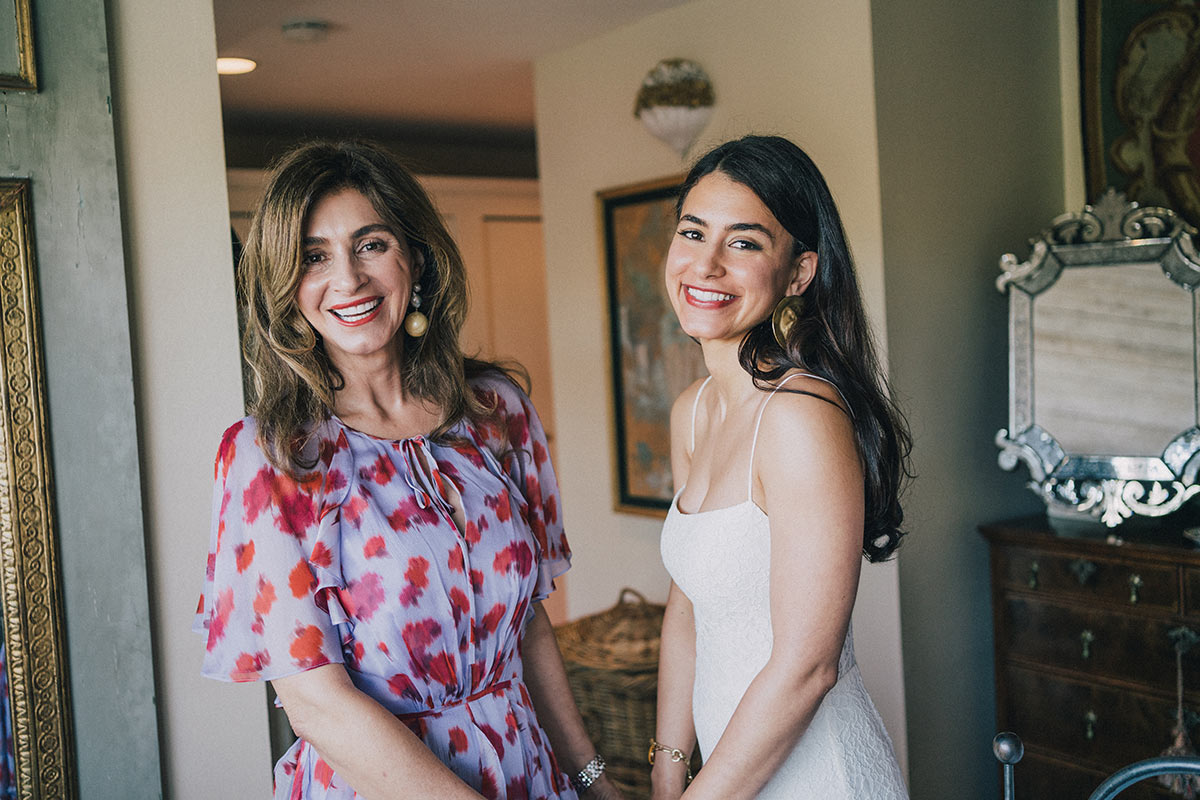
Responsibilities of the Maid of Honor and Bridesmaids
The maid of honor and the bridesmaids traditionally take on the responsibility of planning and paying for the bridal shower. This includes sending out invitations, selecting a venue, organizing games and activities, and covering the costs of food and decorations. It is essential to have a conversation about financial responsibilities early in the planning process to avoid any misunderstandings or hard feelings. It is important to set a budget that everyone is comfortable with and to be considerate of the financial situations of all those involved. If the bridal party is unable to cover all the costs, it is perfectly acceptable to ask other close friends or family members to contribute or to plan a more budget-friendly event.
Sometimes, the maid of honor and bridesmaids may share the financial responsibilities with the bride’s close relatives, like the mother of the bride or the bride’s siblings. However, this varies widely from one situation to another, and it’s essential to establish clear expectations from the start. Ultimately, the goal is to plan an event that honors the bride-to-be without causing financial strain on anyone involved. The key is communication, flexibility, and a willingness to work together to create a memorable event.

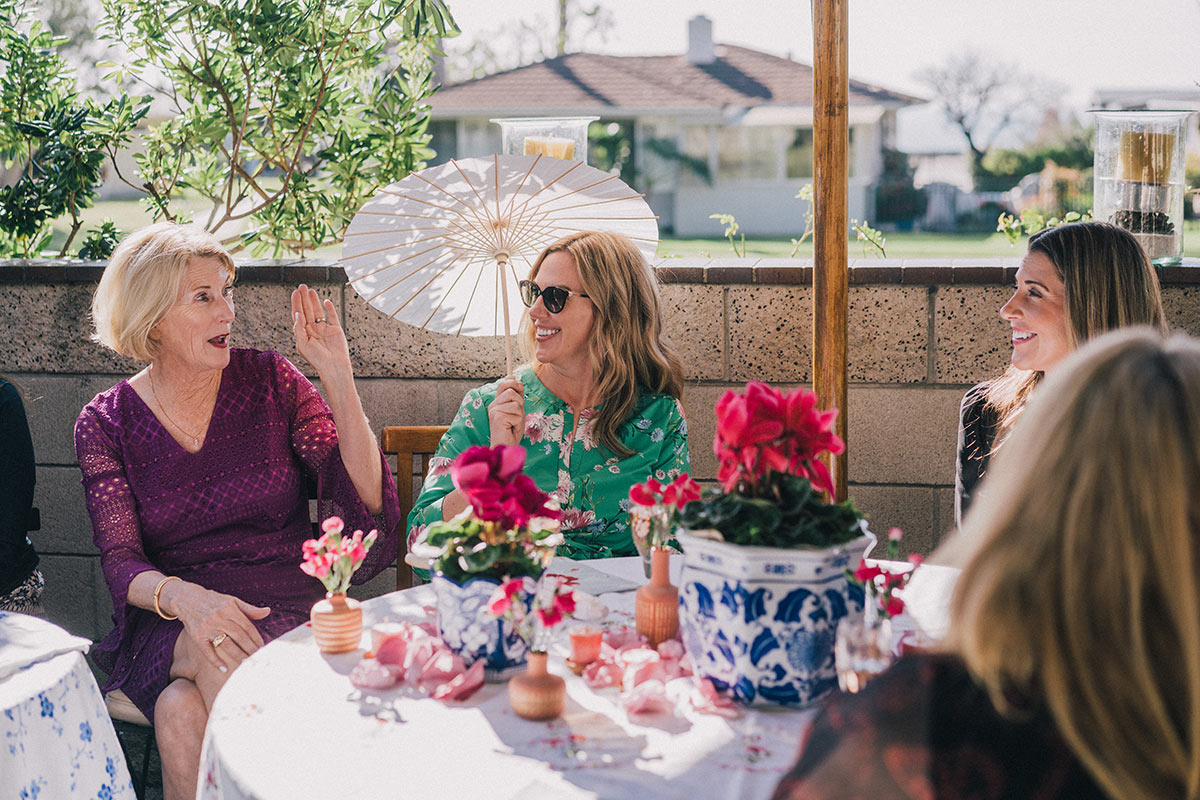
How to Have a Conversation About Bridal Shower Costs
Having a conversation about money can be uncomfortable, but it is essential to have clear communication about expectations and financial responsibilities from the outset. It is important to have a conversation about financial responsibilities early in the planning process to avoid any misunderstandings or hard feelings. Start the conversation early, be considerate of everyone’s financial situations, set a budget that everyone is comfortable with, and be clear about expectations.
It is also crucial to be flexible and open to different ideas for planning a budget-friendly event. Consider creative alternatives, such as a potluck-style meal or homemade decorations, to help reduce costs. Additionally, be proactive in addressing any concerns or issues that may arise during the planning process. Ultimately, the goal is to plan a memorable and enjoyable event that celebrates the bride-to-be without causing financial strain on anyone.
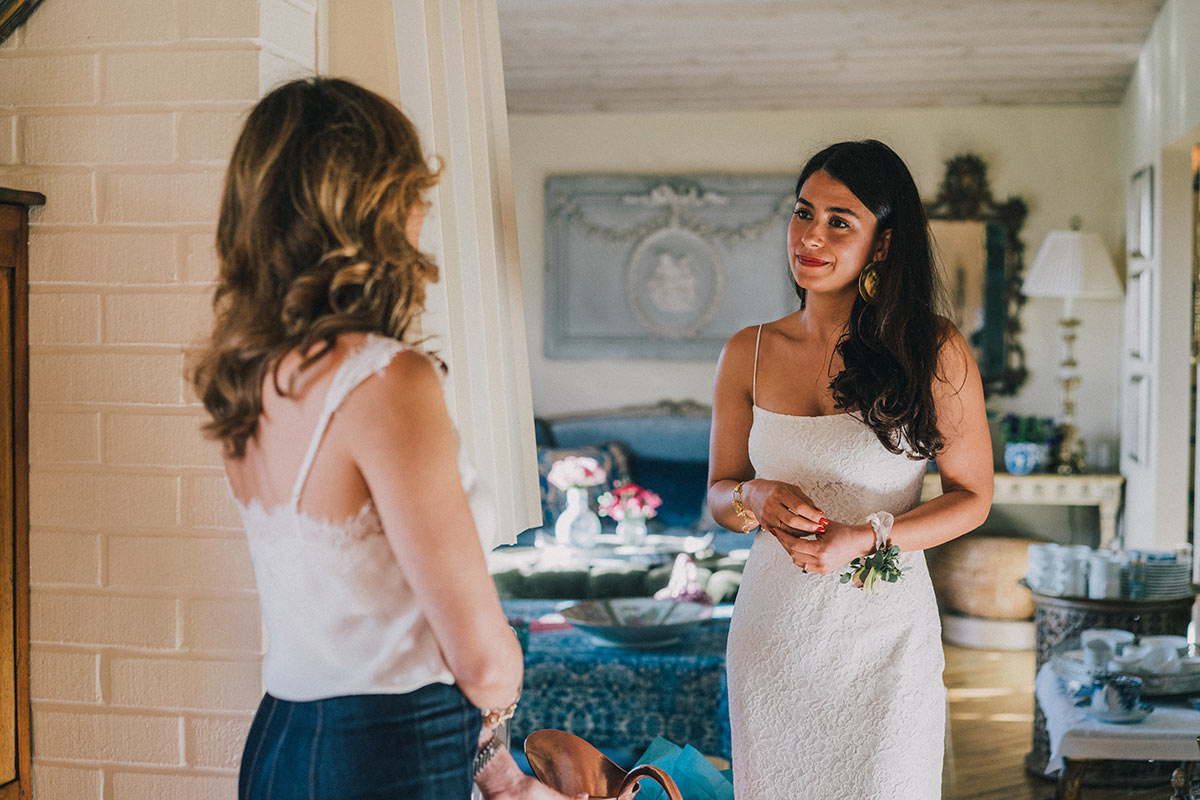

Splitting the Bill: Ways to Divide Expenses Among the Bridal Party
When it comes to dividing expenses among the bridal party, there are several different approaches that can be taken. Here are a few options:
- Equal Split: This is the most straightforward approach, where all the costs are divided equally among the bridal party.
- By Contribution: In this approach, the costs are divided based on what each person is contributing to the event. For example, if one bridesmaid is providing the venue, she may contribute less financially to other aspects of the event.
- By Financial Ability: In this approach, the costs are divided based on each person’s financial ability. This may mean that some members of the bridal party contribute more than others.
- Combination: A combination of the above approaches can also be used. For example, the costs could be divided equally among the bridal party, but with adjustments made for those who are contributing in other ways or have different financial abilities.
It is important to have a conversation about how the costs will be divided early in the planning process and to make sure that everyone is comfortable with the arrangement.



The DIY Bridal Shower: A Budget-Friendly Alternative
A DIY bridal shower is a popular choice for those looking to save money and add a personal touch to the event. This involves handling most of the planning, decorating, and cooking yourself instead of hiring professionals or purchasing pre-made items. For example, designing and printing invitations at home, making decorations with craft supplies, preparing homemade food and desserts, and creating personalized playlists instead of hiring a DJ. This not only cuts costs significantly but also provides an opportunity for the bride and her bridal party to bond and work together in the lead-up to the wedding.
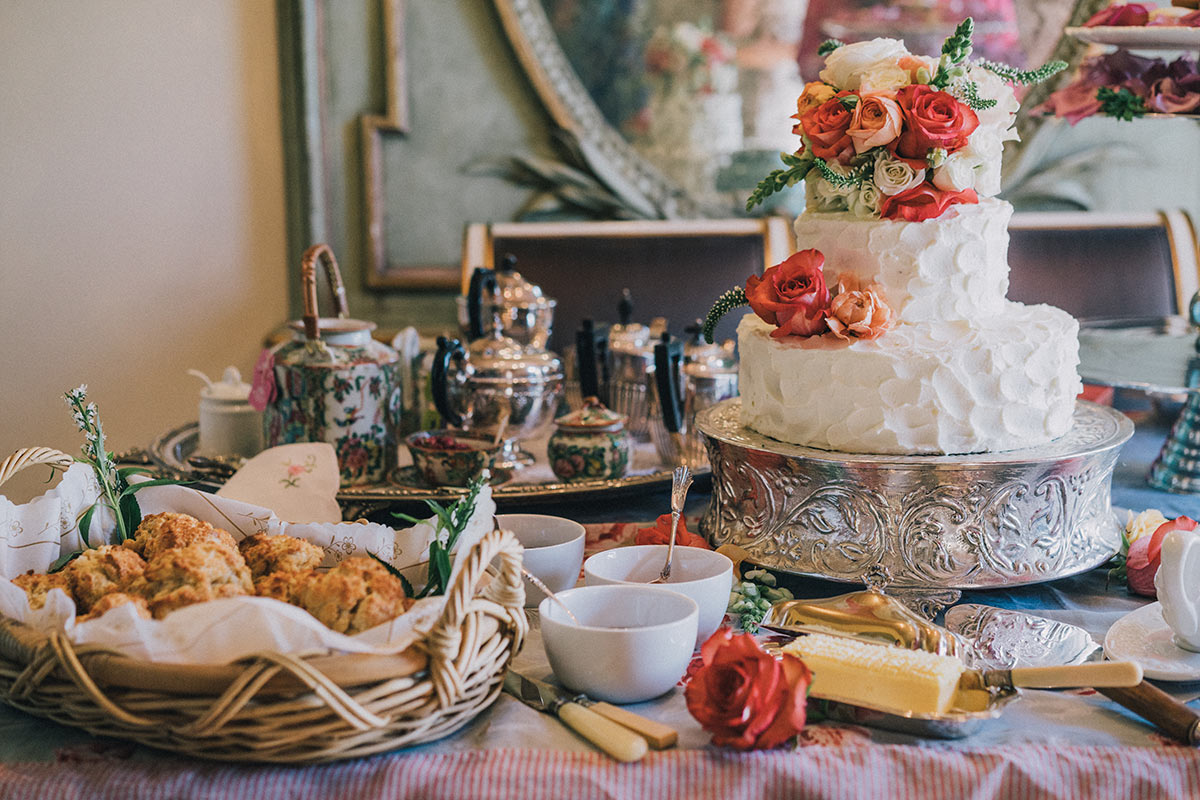
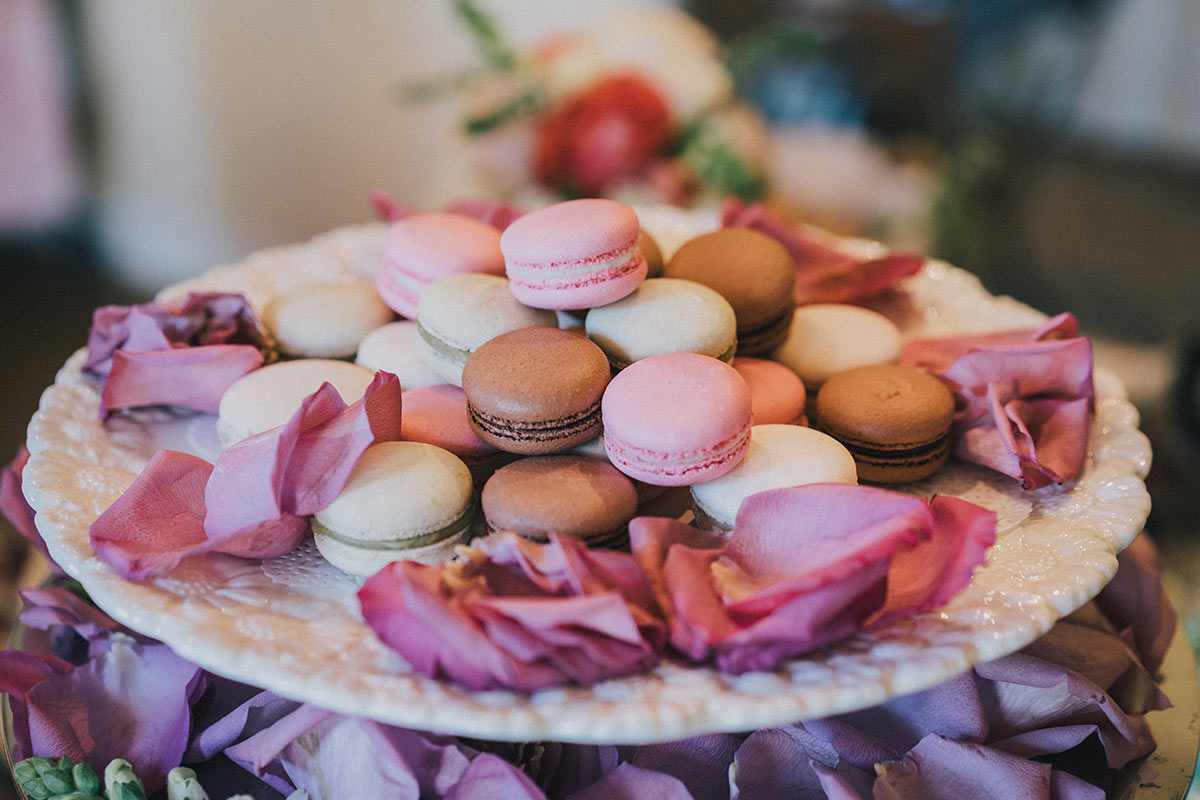

While the DIY approach can be rewarding and budget-friendly, it is important to consider the time and effort required. Adequate planning, delegation of tasks, and consideration of available resources and skills are essential to avoid becoming overwhelmed. For instance, if someone in the bridal party is skilled at baking, they can be in charge of making the desserts. Ultimately, a well-planned DIY bridal shower can create lasting memories without breaking the bank.
Balancing Tradition and Modernity: A Conclusion
In conclusion, the tradition of the bridal shower has evolved over time, with modern norms offering more flexibility and taking into account the varying financial situations of those involved. Traditionally, the bridal shower expenses were covered by the maid of honor and bridesmaids, but today, it is not uncommon for the bride, her family, or even the guests to contribute financially. The key to successfully navigating the financial aspects of a bridal shower lies in clear communication, setting expectations from the outset, and being considerate of everyone’s financial situation.


It is important to remember that while traditions provide a helpful guide, they are not strict rules that must be followed. It is always acceptable to adapt traditions to fit your own unique situation. For example, a DIY bridal shower can be a great way to cut costs and add a personal touch to the event. Ultimately, the most important thing is to plan a memorable and enjoyable event that celebrates the bride-to-be without causing financial strain on anyone.
In the end, the goal of a bridal shower is to honor and celebrate the bride-to-be in the lead-up to her wedding. Whether it is a traditional event paid for by the bridal party, a modern celebration shared by all guests, or a DIY event, the most important thing is that it reflects the wishes of the bride and is comfortable for everyone involved. Clear communication, flexibility, and consideration for others are key to planning a successful bridal shower that balances both tradition and modernity.
